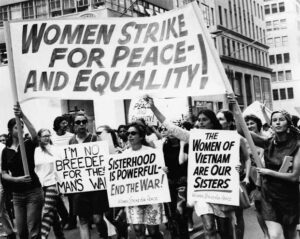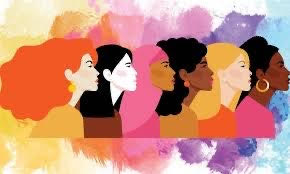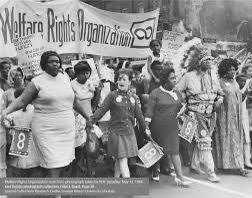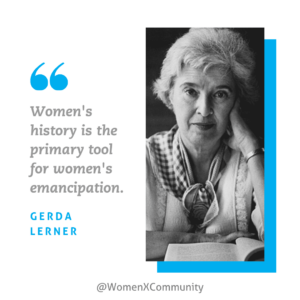INTRODUCTION:
Women history has been a troublesome issue since a very long time which has grappled attention in recent times because of the injustices and injuries inflicted in both psychological and social manner which has tarnished the status, position of women and has led to displacement of their rights and hampered their liberties in a way which has casted clouds of hardships and sorrows to the womanhood. This trend has been captured perfectly by the American historian turned philosopher: Gerda Lerner in her magnum opus:
“The creation of Patriarchy”– a book wherein she delves deeper into the society where the ruling dominance is in the hands of a male and how the monstrous attitude of negligence towards costed them with stigmas that are visible even today be it in educational, political or power parity issues with men, In the middle of 21st century, when the world has been reduced to the technical device in our hands, what is the relevance of ideas espoused by Learner’s discussion of “women being deprived to write their own history”- what could be possible reflections over this thought, let us revisit this discussion of depriving women the right of self-determination.
THE DISCUSSION:
In her book, Gerda contends that the women have been rejected, deprived and kept away from making their own history, learning their history or knowing about others history. They have been used only for their reproductive capacities. She continues to add that the men have orchestrated their hegemonic occupation on the concept of “history making” in such a way that:
“…historians have been men, and what they have recorded is what men have done and experienced and found significant. They have called this History and claimed universality for it.” This has been made possible because men have selected historical heroes, villains and anti-heroes from the distant past as per their own wish and will. Men have been ruthlessly ignoring the initiatives, occurring, projectiles and predicaments that have been led by, for and through the women. What women has felt, suffered and undergone has been largely left neglected and these so-called historians have turned a blind eye towards their experiences to get the equal opportunity as the experiences encountered by the males to get the chance of being imprinted in the history of the mankind and this has led to the formation of biased, prejudiced and half history of the men.
Learner says that: “As formerly subordinate groups, such as peasants, slaves, proletarians, have risen into positions of power or at least inclusion in the polity, their experiences have become part of the historical record. That is, the experiences of the males of their group; females were, as usual, excluded. The point is that men and women have suffered exclusion and discrimination because of their class. No man has been excluded from the historical record because of his sex, yet all women were.”
She takes the example of Mesopotamian civilization where she contends that since then the women have been rejected to be students, learners and educators; they have been, at best, the supporting actors in the play. Even in the case when we have a history replete with female goddesses, we cannot turn a blind towards the fact that:
“The dethroning of the powerful goddesses and their replacement by a dominant male god occur in most Near Eastern societies following the establishment of a strong and imperialistic kingship. Gradually the function of controlling fertility, formerly entirely held by the goddesses, is symbolized through the symbolic or actual mating of the male god or God-King with the Goddess or her priestess.”
The historians found easy and narrative-appropriate male-gods in the place of female counterparts and replaced them efficiently. It is believed that merely the concept of womanhood has been endangered in the historical context and when we say “all world’s a stage, men and women are merely players” it is to say that “Men have written the play, have directed the show, interpreted the meanings of the action. They have assigned themselves the most interesting, most heroic parts, giving women the supporting roles. As the women become aware of the difference in the way they fit into the play, they ask for more equality in the role assignments.





















